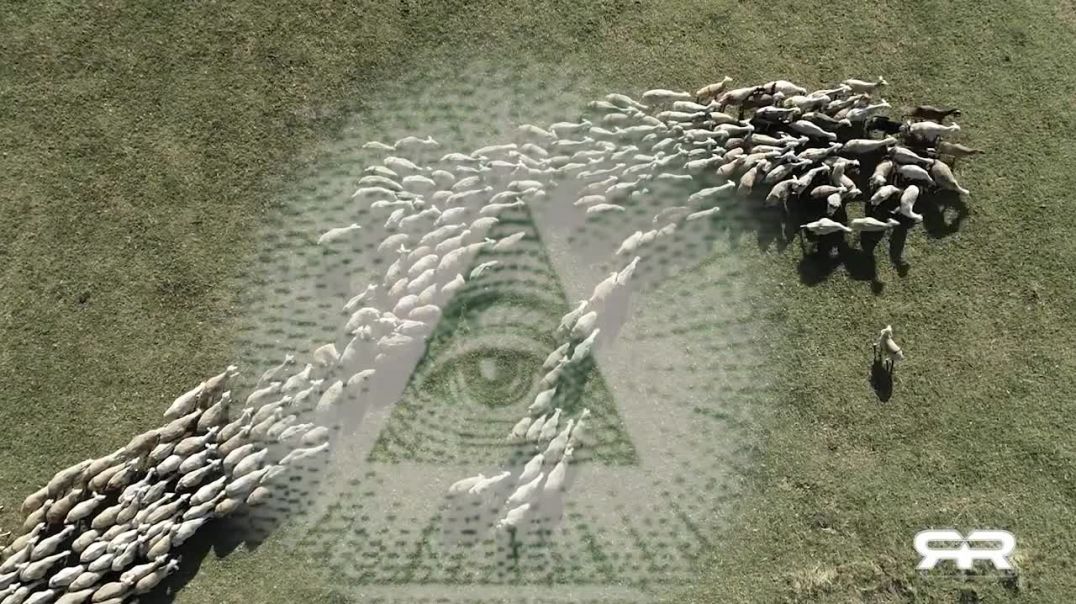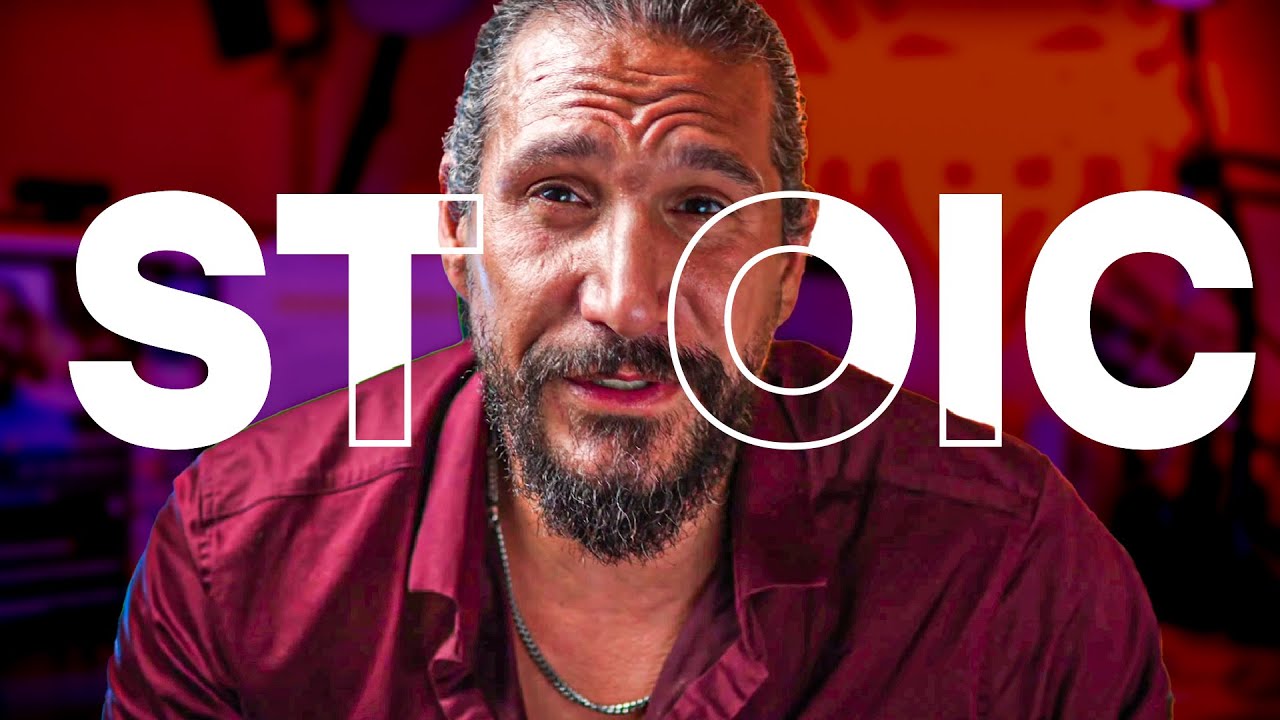Dear Creators, we are proud to announce an amazing affiliate program for you to earn some serious and continual cash. Read about our affiliate progarm here.
Caros criadores, temos o orgulho de anunciar um incrível programa de afiliados para vocês ganharem muito dinheiro de forma contínua. Leia sobre nosso programa de afiliados aqui.
The Holy Quran audiobook, english Koran audio, part 2/2 (quite a good listen too)
The Holy Quran audiobook, english Koran audio, part 1/2 https://www.youtube.com/watch?v=5nEt_MxOCIw <br>The Quran (/kɔːrˈɑːn/kor-AHN; Arabic: القرآن, romanized: al-Qurʼān Arabic pronunciation: [alqur'ʔaːn], literally meaning "the recitation"), also romanized Qur'an or Koran, is the central religious text of Islam, which Muslims believe to be a revelation from God (Allah). It is widely regarded as the finest work in classical Arabic literature. Slightly shorter than the New Testament, it is organized in 114 chapters (Arabic: سورة sūrah, plural سور suwar) — not according to chronology or subject matter, but according to length of surahs (with some exceptions). Surah are subdivided into verses (Arabic: آية āyah, plural آيات āyāt). <br> <br>Muslims believe that the Quran was orally revealed by God to the final prophet, Muhammad, through the archangel Gabriel (Jibril), incrementally over a period of some 23 years, beginning on 22 December 609 CE, when Muhammad was 40, and concluding in 632, the year of his death. Muslims regard the Quran as Muhammad's most important miracle, a proof of his prophethood, and the culmination of a series of divine messages starting with those revealed to Adam, including the Tawrah (Torah), the Zabur ("Psalms") and the Injil ("Gospel"), and ending with Muhammad's revelation. The word "Quran" occurs some 70 times in the Quran's text, and other names and words are also said to refer to the Quran. It is thought by Muslims to be not simply divinely inspired, but the literal word of God. <br> <br>According to tradition, several of Muhammad's companions served as scribes and recorded the revelations. Shortly after his death, the Quran was compiled by the companions, who had written down or memorized parts of it. The codices showed differences that motivated Caliph Uthman to establish a standard version, now known as Uthman's codex, which is generally considered the archetype of the Quran known today. There are, however, variant readings, with mostly minor differences in meaning. <br> <br>The Quran assumes familiarity with major narratives recounted in the Biblical scriptures. It summarizes some, dwells at length on others and, in some cases, presents alternative accounts and interpretations of events. The Quran describes itself as a book of guidance for mankind (2:185). It sometimes offers detailed accounts of specific historical events, and it often emphasizes the moral significance of an event over its narrative sequence. Supplementing the Quran with explanations for some cryptic Quranic narratives, and rulings that also provide the basis for sharia (Islamic) law (in most denominations of Islam), are Hadith — oral and written traditions believed to describe words and actions of Muhammad. During prayers, the Quran is recited only in Arabic. <br> <br>Someone who has memorized the entire Quran is called a hafiz. Quranic verse (ayah) is sometimes recited with a special kind of elocution reserved for this purpose, called tajwid. During the month of Ramadan, Muslims typically complete the recitation of the whole Quran during tarawih prayers. In order to extrapolate the meaning of a particular Quranic verse, most Muslims rely on exegesis, or tafsir.[























SORT BY-
Top Comments
-
Latest comments